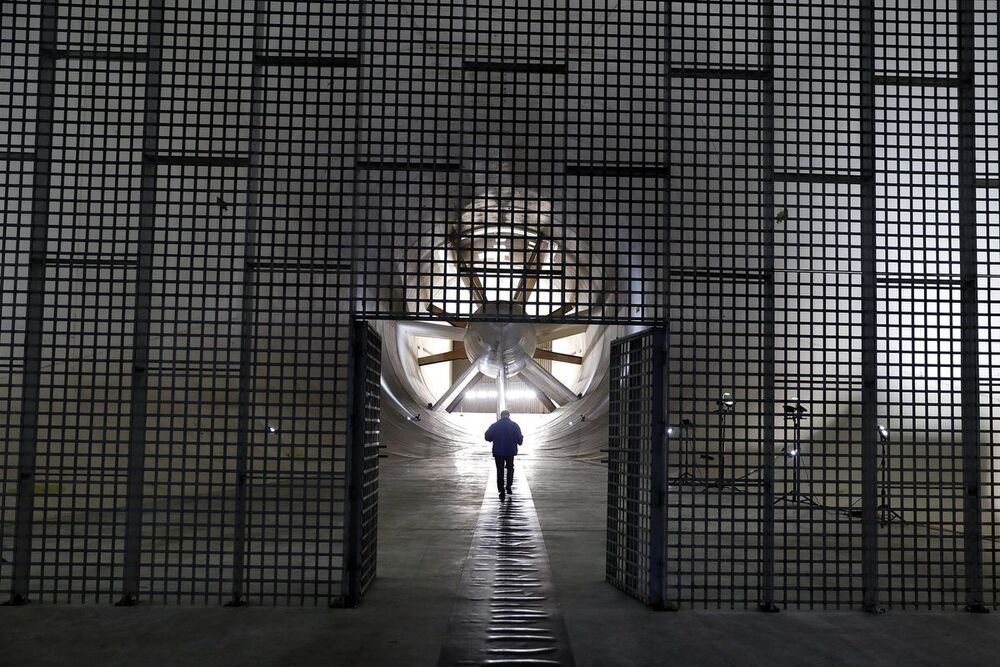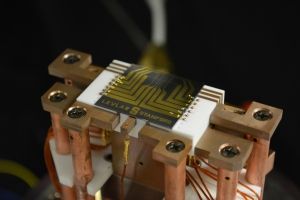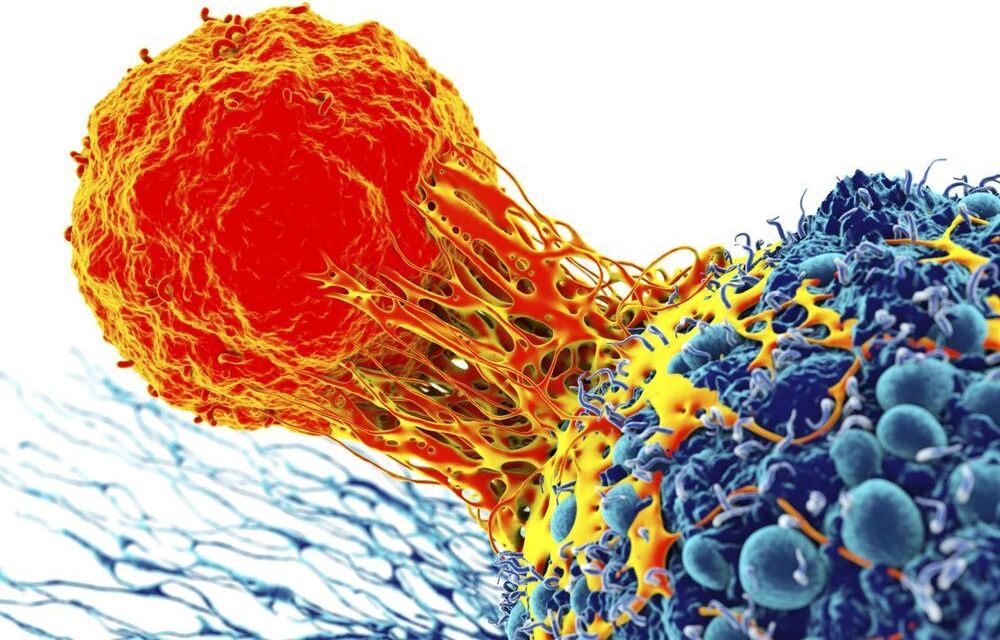And since revving up in 1970, the subsonic tunnel, considered a low-speed facility that can hit a maximum 235 miles per hour, has cranked out 650 tests.



Over the past few decades, artificial intelligence (AI) tools have been used to analyze data or complete basic tasks in an increasing number of fields, ranging from computer science to manufacturing, medicine, physics, biology and even artistic disciplines. Researchers at University of Michigan have recently been investigating the use of artificial intelligence (AI) in architecture. Their most recent paper, published in the International Journal of Architectural Computing, specifically explores the potential of AI as a tool to create new architectural designs.
“My partner, Sandra Manninger, and myself, have a long-standing obsession with the idea to cross pollinate the fields of architecture and AI,” Matias del Campo, one of the researchers who carried out the study, told Tech Xplore. “We first got in touch with AI research in 1998, when we were introduced to the OFAI (The Austrian Institute of Artificial Intelligence) through a mutual friend, Dr. Arthur Flexer and we held the first course in Machine Learning for Architecture at the University of Applied Arts in Vienna, in 2006.”
Several years after they first became interested in the potential uses of AI in architecture, del Campo and Manninger started collaborating with the Robotics Department at University of Michigan. Working with Jessy Grizzle, the department’s director, and Alexandra Carlson, one of her Ph.D. students, they were able to significantly expand their research. Their study featured in the International Journal of Architectural Computing is the latest of a series of research efforts in which they investigated the use of AI techniques for designing architectural solutions.

Physicists use a Bose-Einstein condensate to study phase transitions in an iron pnictide superconductor.
Physicists have deployed a Bose-Einstein condensate (BEC) as a “quantum microscope” to study phase transitions in a high-temperature superconductor. The experiment marks the first time a BEC has been used to probe such a complicated condensed-matter phenomenon, and the results – a solution to a puzzle involving transition temperatures in iron pnictide superconductors – suggest that the technique could help untangle the complex factors that enhance and inhibit high-temperature superconductivity.
A BEC is a state of matter that forms when a gas of bosons (particles with integer quantum spin) is cooled to such low temperatures that all the bosons fall into the same quantum state. Under these conditions, the bosons are highly sensitive to tiny fluctuations in the local magnetic field, which perturb their collective wavefunction and create patches of greater and lesser density in the gas. These variations in density can then be detected using optical techniques.
The new instrument, known as a scanning quantum cryogenic atom microscope (SQCRAMscope), puts this magnetic field sensitivity to practical use. “Our SQCRAMscope is basically like a microscope – a big lens, focusing light down on a sample, looking at the reflected light – except right at the focus we have a collection of quantum atoms that transduces the magnetic field into a light field,” explains team leader Benjamin Lev, a physicist at Stanford University in the US. “It’s a quantum gas transducer.”


Methylation definition at 5:05, 27:20 a lil about reprogramming, 32:00 q&a, 47:44 Aubrey chimes in, 57:00 Keith Comito(and other throughout)
Zoom transcription: https://otter.ai/u/AIIhn4i_p4DIXHAJx0ZaG0HUnAU
We will be joined by Morgan Levine, Yale University, to discuss the recent article “Underlying Features of Epigenetic Aging Clocks” she co-authored.
The talk will compare and contrast existing epigenetic clocks and describe how they can be deconstructed to facilitate our understanding of causes and consequences of epigenetic aging.
Article Abstract:
AI, Genetics, and Health-Tech / Wearables — 21st Century Technologies For Healthy Companion Animals.
Ira Pastor ideaXme life sciences ambassador interviews Dr. Angela Hughes, the Global Scientific Advocacy Relations Senior Manager and Veterinary Geneticist at Mars Petcare.
The global petcare industry is significantly expanding, with North America sales alone expected to hit US $300 billion by 2025. And while we may associate the Mars Corporation, the world’s largest candy company, with leading confectionary brands like Milky Way, M&M’s, Skittles, Snickers, Twix, etc. They also happen to be one of the world’s largest companies in pet care as well.
Dr. Angela Hughes, is the Global Scientific Advocacy Relations Senior Manager & Veterinary Geneticist at Mars Petcare. Dr. Hughes is both Doctor of Veterinary Medicine, and a PhD with a focus in Canine Genetics, both from the University of California, Davis. Dr. Hughes also serves as Veterinary Genetics Research Manager of Wisdom Health, a business unit of Mars Petcare, which has developed state-of-the-art genetic tests for companion animals, leading to revolutionary personalized petcare. She also serves as a Veterinary Geneticist of Hughes Veterinary Consulting, focused on small animal and equine genetics and with a special interest in small animal reproduction and pediatrics.
Dr Hughes is published in multiple academic journals, including the Journal of the American Veterinary Medical Association and has contributed chapters for publication in Veterinary Clinics of North America Small Animal Practice: Pediatrics and Large Animal Internal Medicine.

2020 episode of the CIUT program “Innovation Nation on Career Buzz” where I discussed the state of the Canadian aerospace industry is now online at the link below.
The last few minutes discusses the impact of Covid-19 on the aerospace industry. It’s not good although the interview is.

